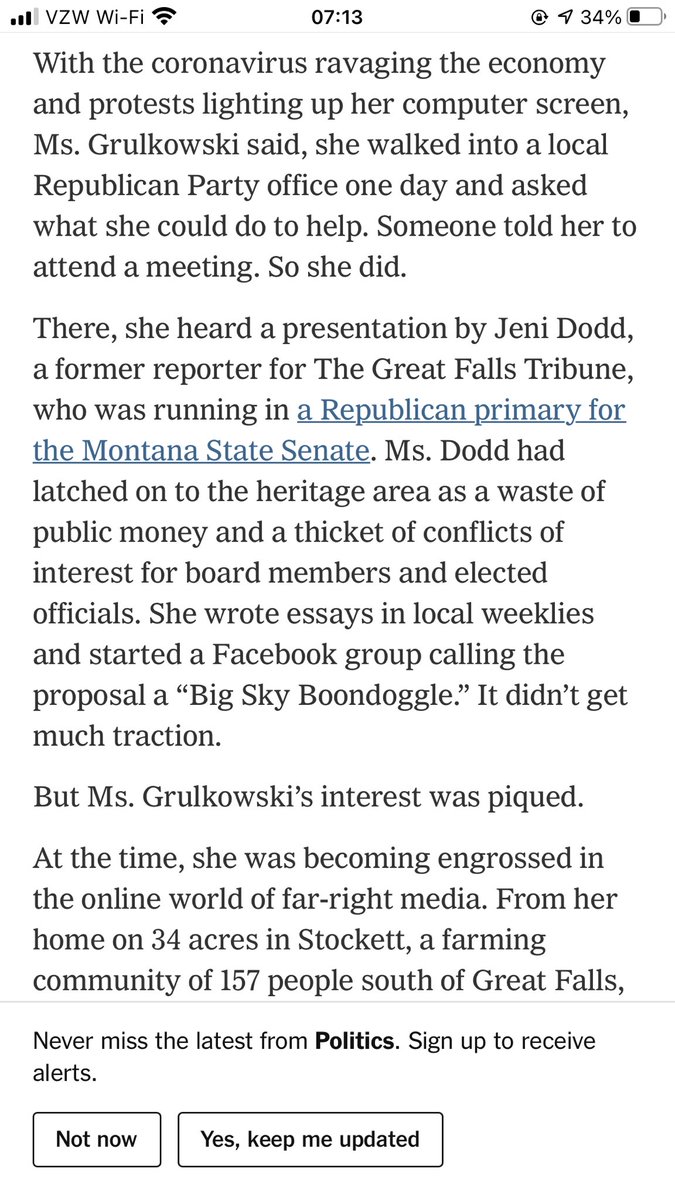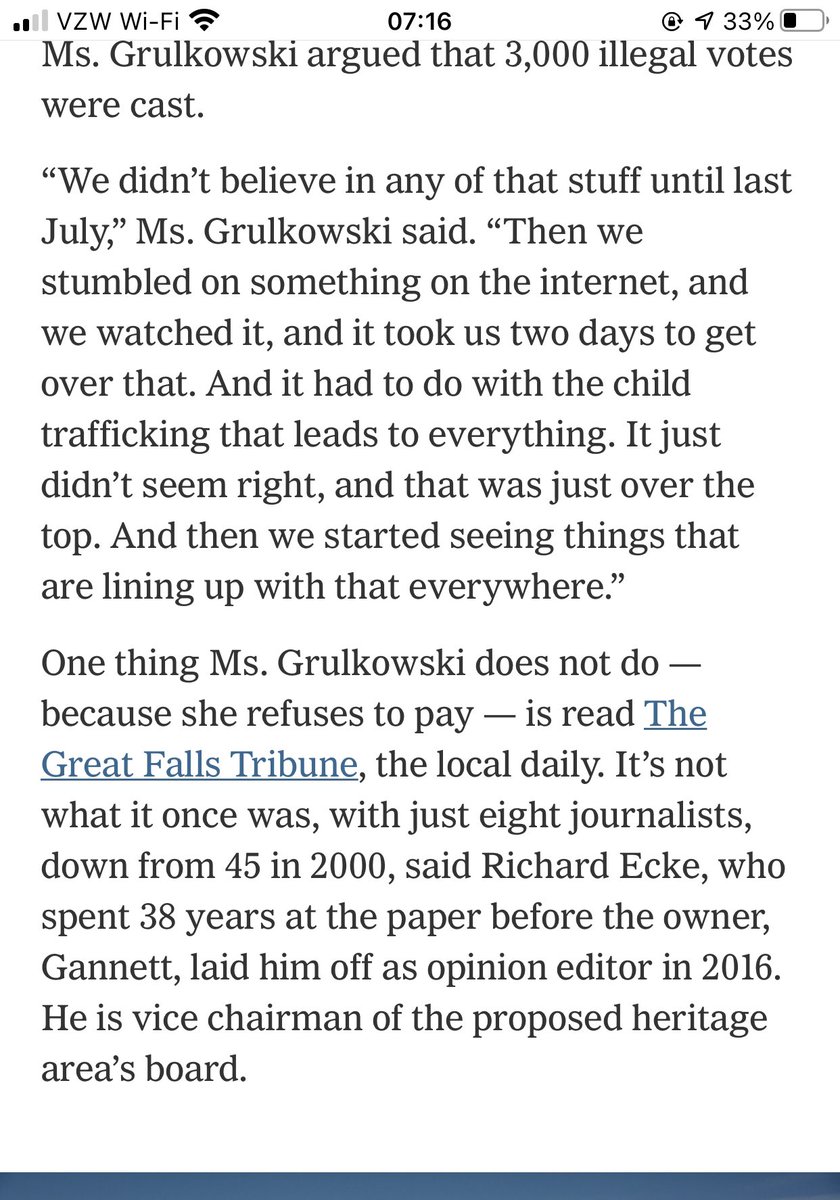Google’s extension of $1bn to the news industry (maybe) over 3 years represents c 3x it’s current rate of global expenditure on supporting the news industry. Or lobbying against regulation depending on how you see it
The glaring issue often ignored by those funded by Google (in the press and academic research), is how these interventions potentially make very little difference to long term sustainability for newsrooms, but a lot of difference to the progress - or not - of regulation
It’s hard to evaluate the long term benefits of monetary support by platforms of news because it is a. difficult to trace exactly how much and where funds are dispersed, b.the funding is deliberately highly distributed in small amounts - making large impact less likely
And c., the hypotheses tested by platforms in their funding broadly align with the goals of platforms -to effectively access regulatory spaces, to be seen supporting areas with most regulatory scrutiny (often areas of greatest need) and to wean journalism off advertising
The talking points most often advanced by tech platforms in relation to content - like those of ‘trust in journalism’ or the ‘fight against misinformation’ might touch on issues of relevance, but they can also be read as deflecting from deep systemic flaws which go unaddressed
That companies like Facebook and Google are now so completely embedded in discussions of and policy making around the future of journalism is a yardstick to how successful their positioning has been. And how much journalistic institutions have allowed or encouraged it to be so
• • •
Missing some Tweet in this thread? You can try to
force a refresh








